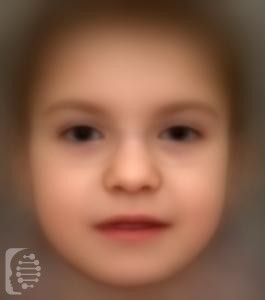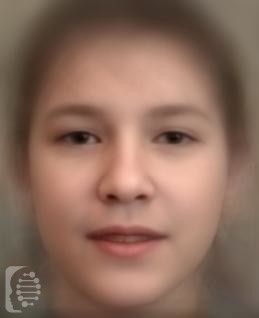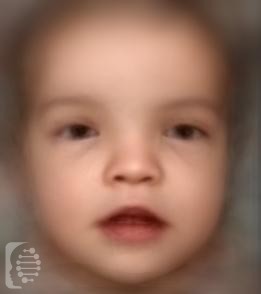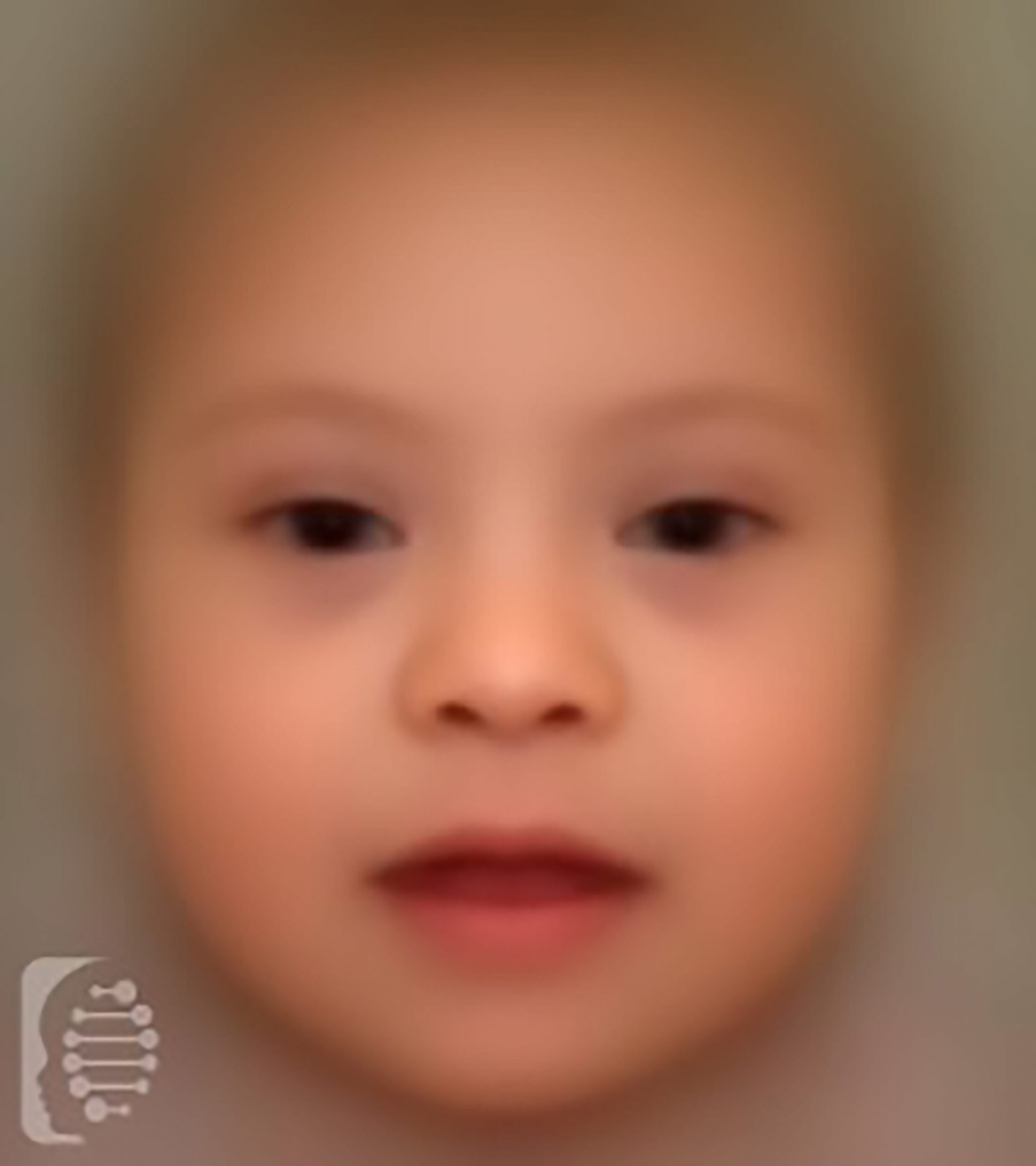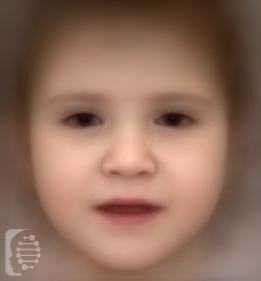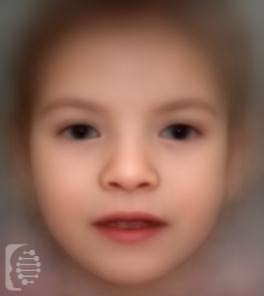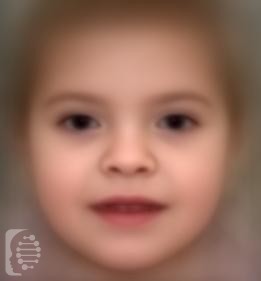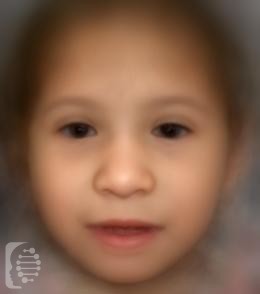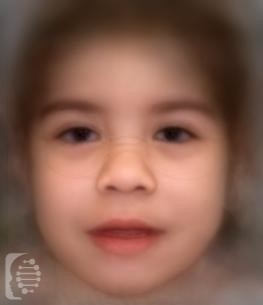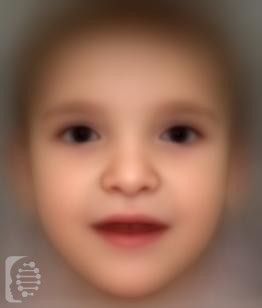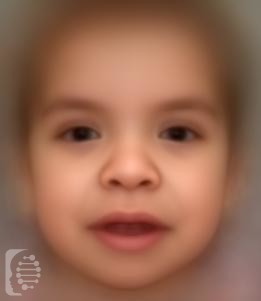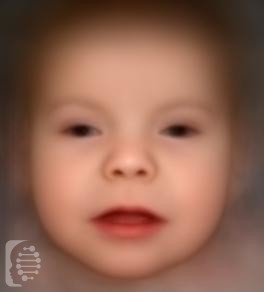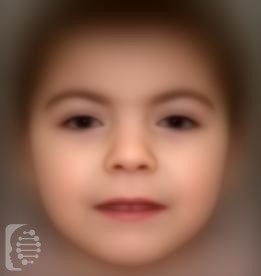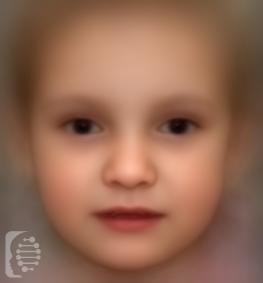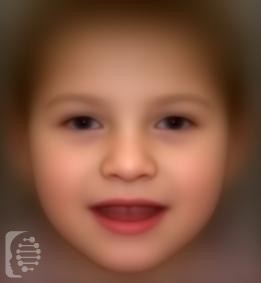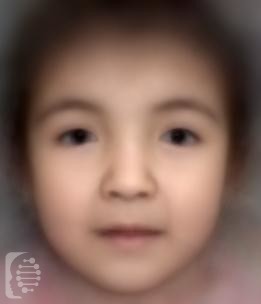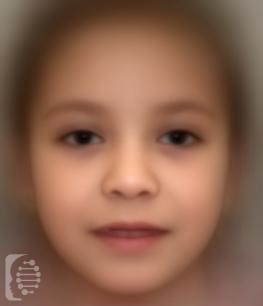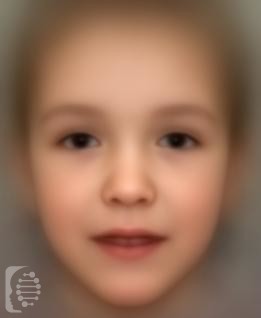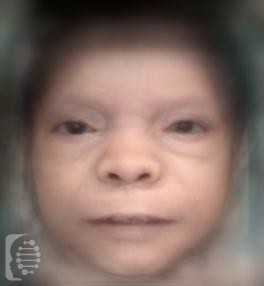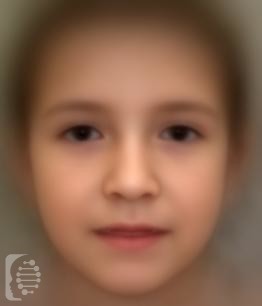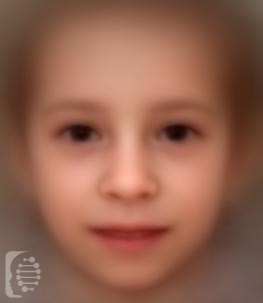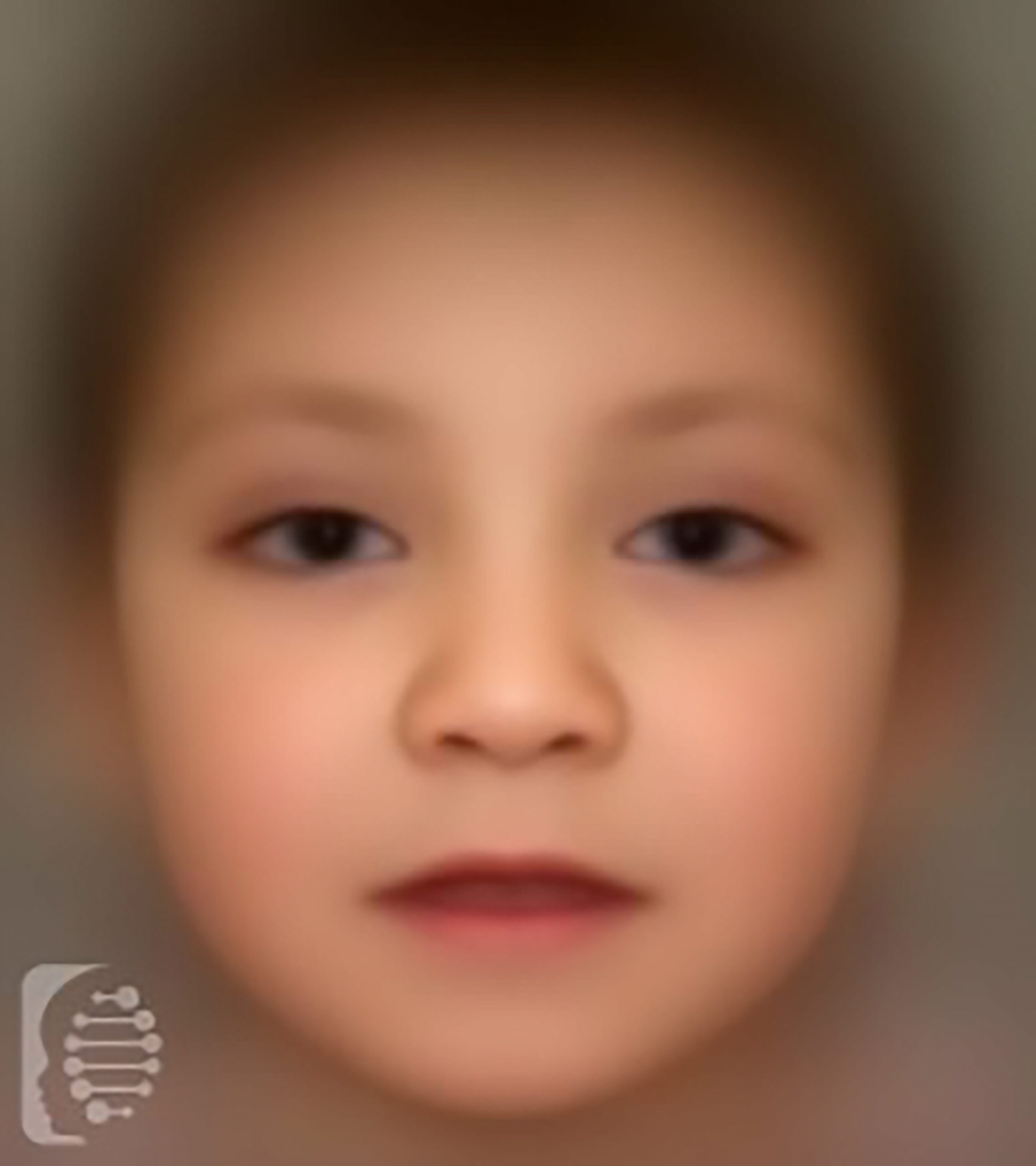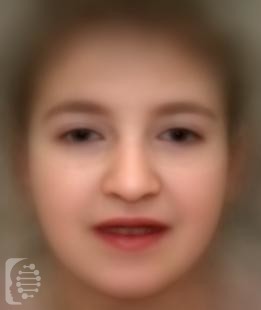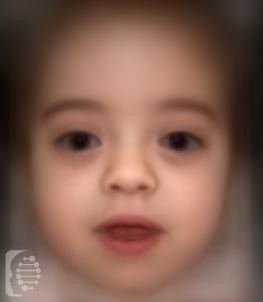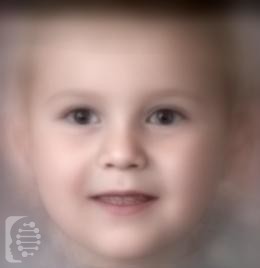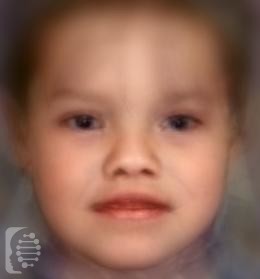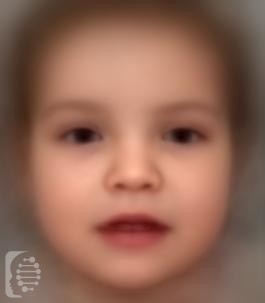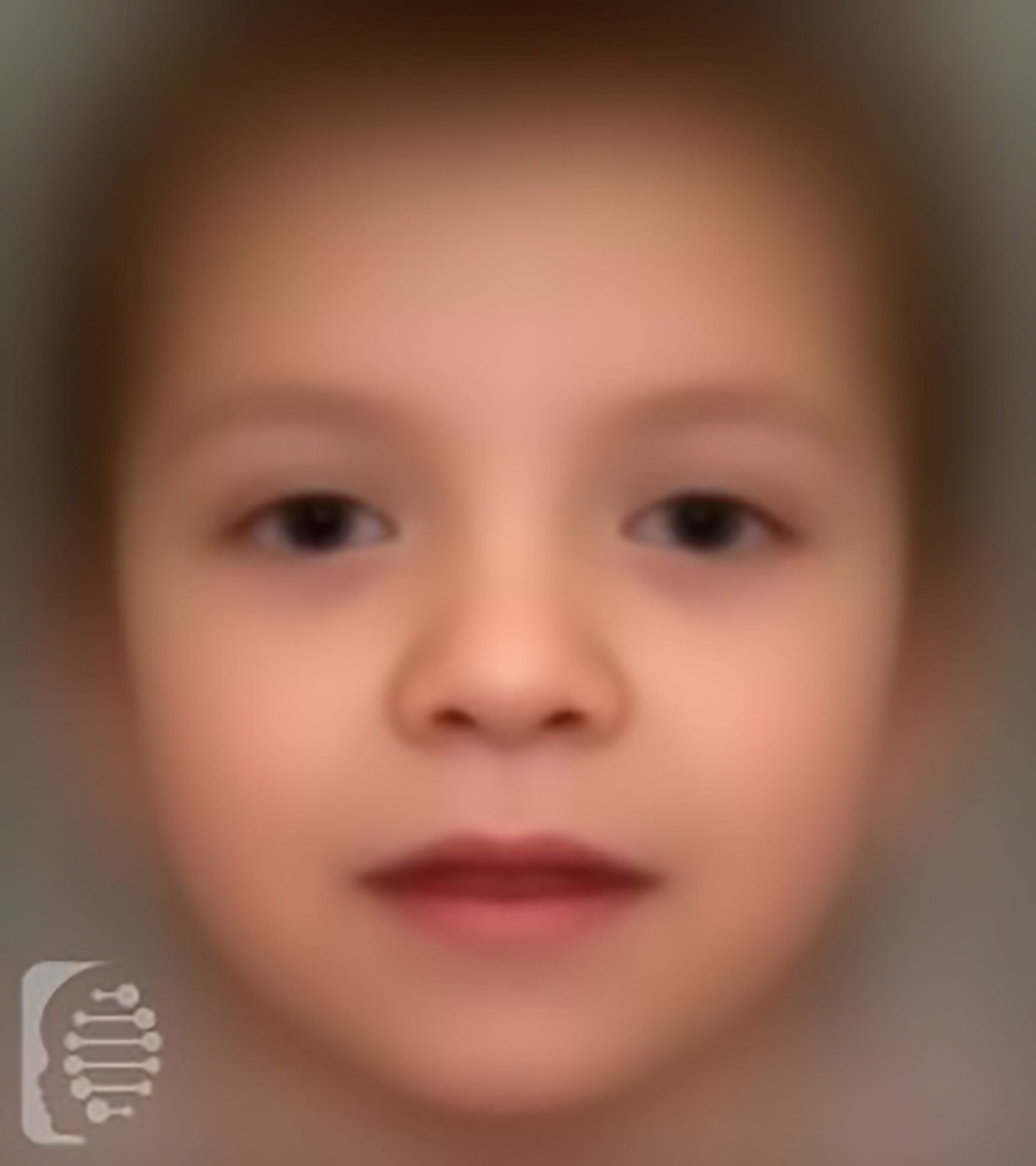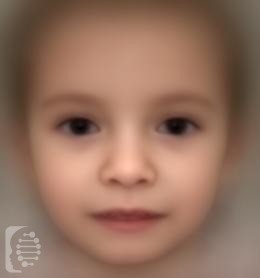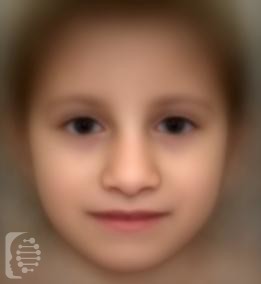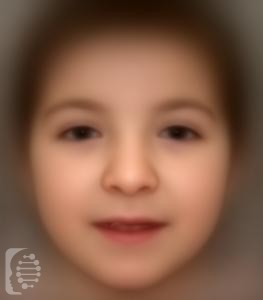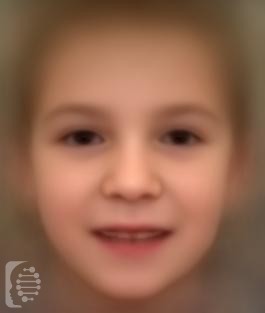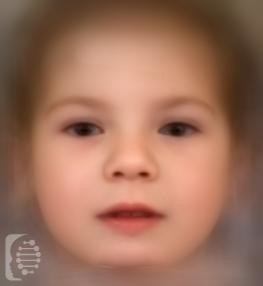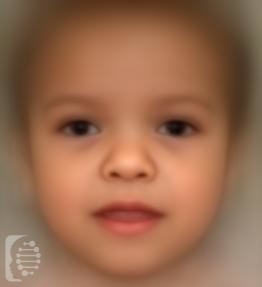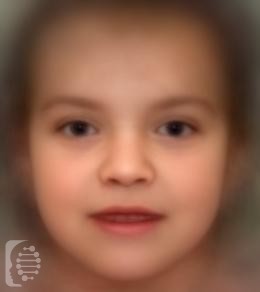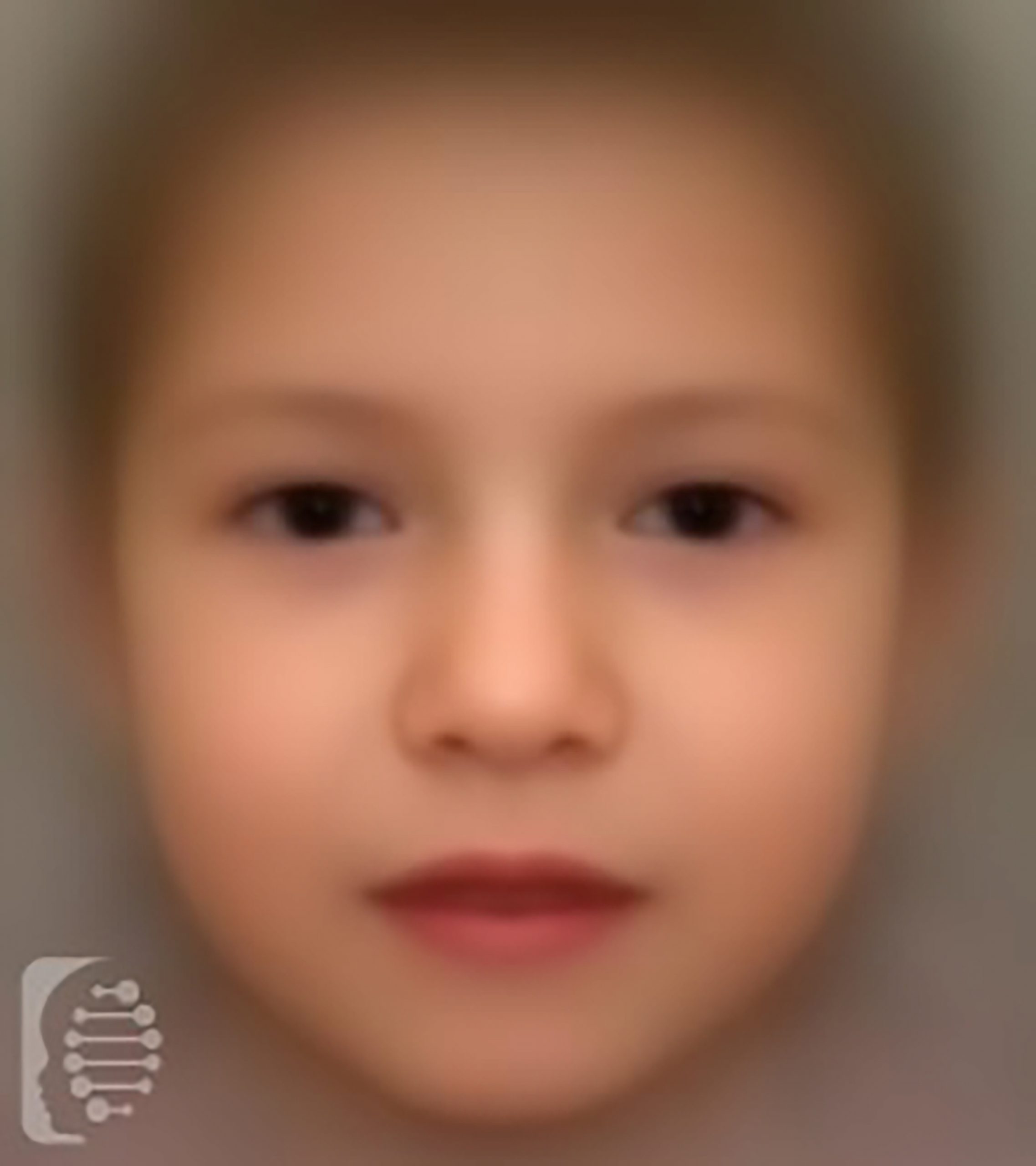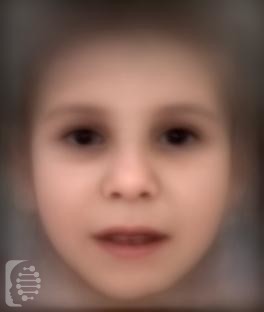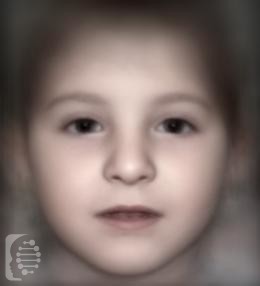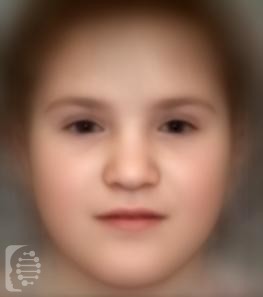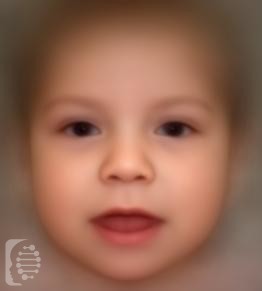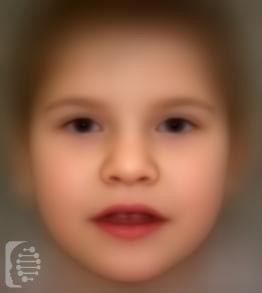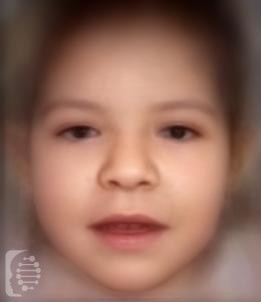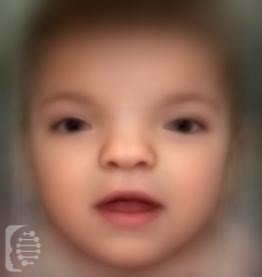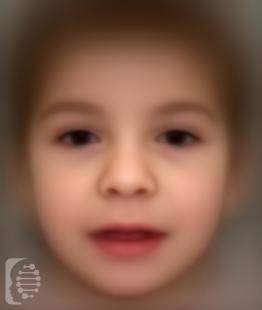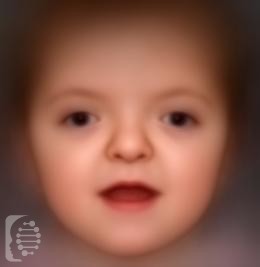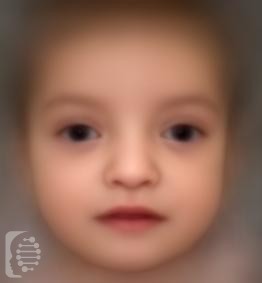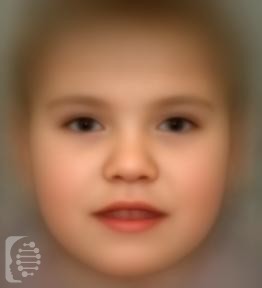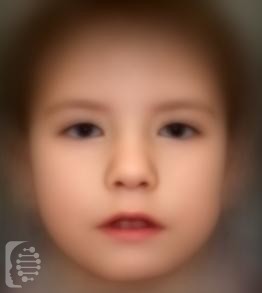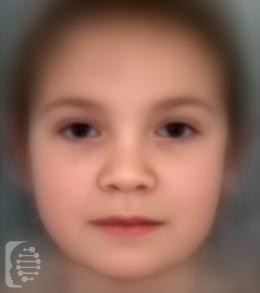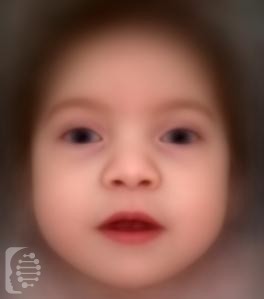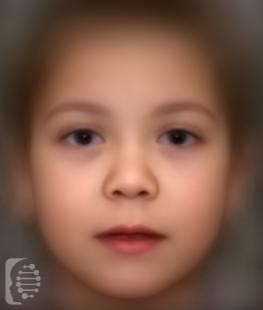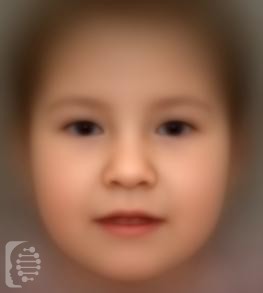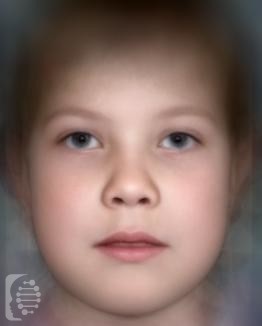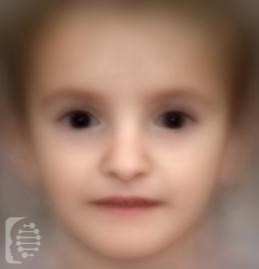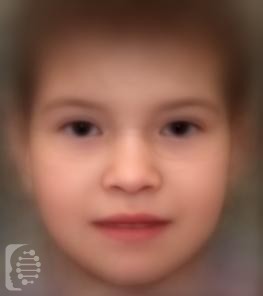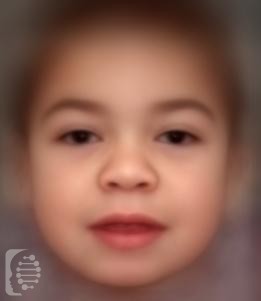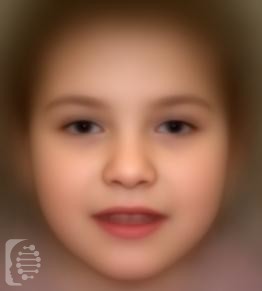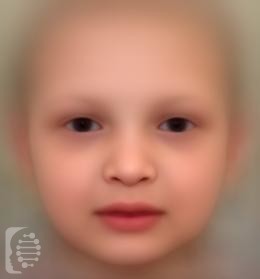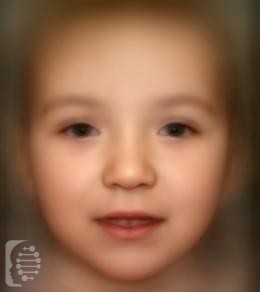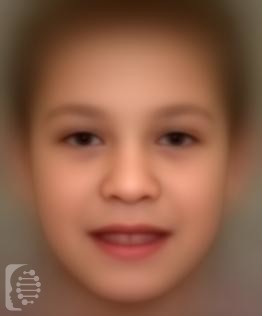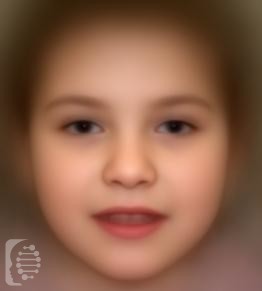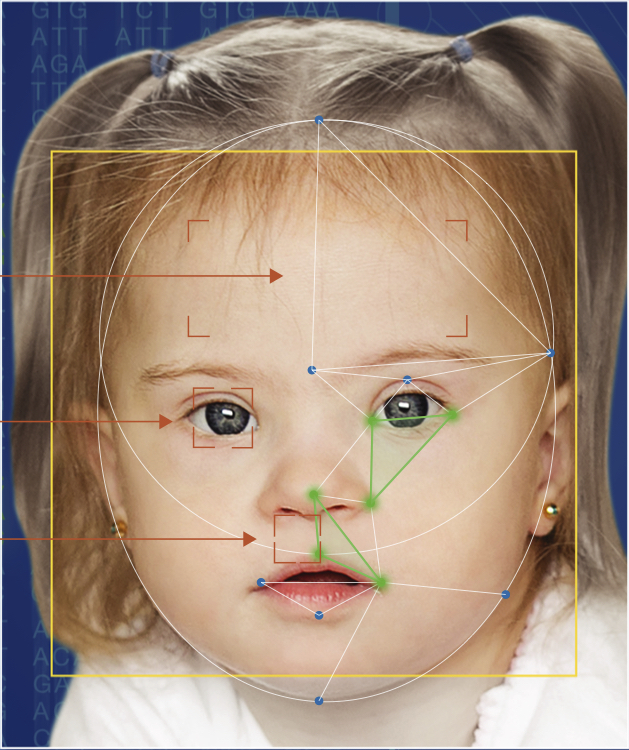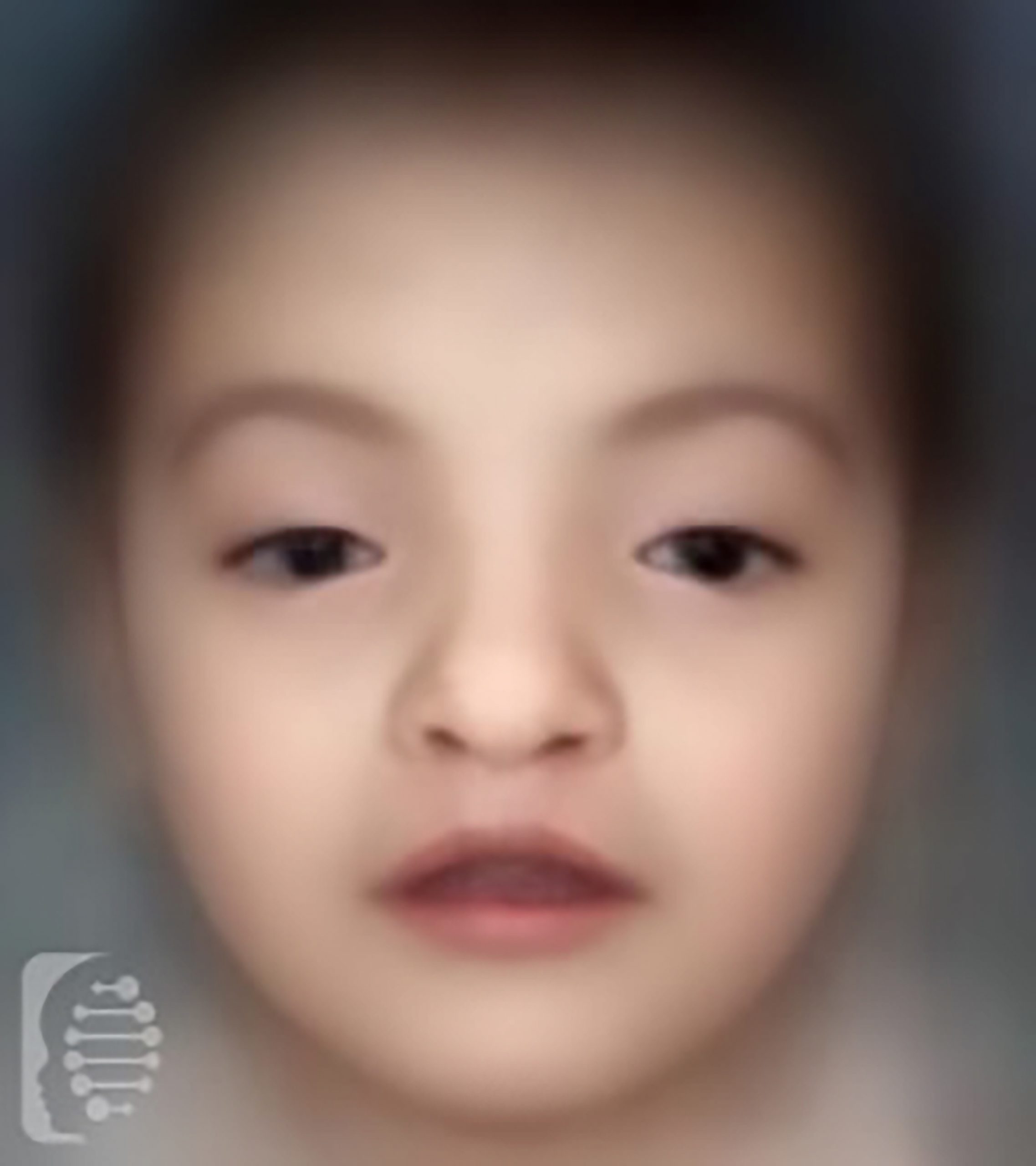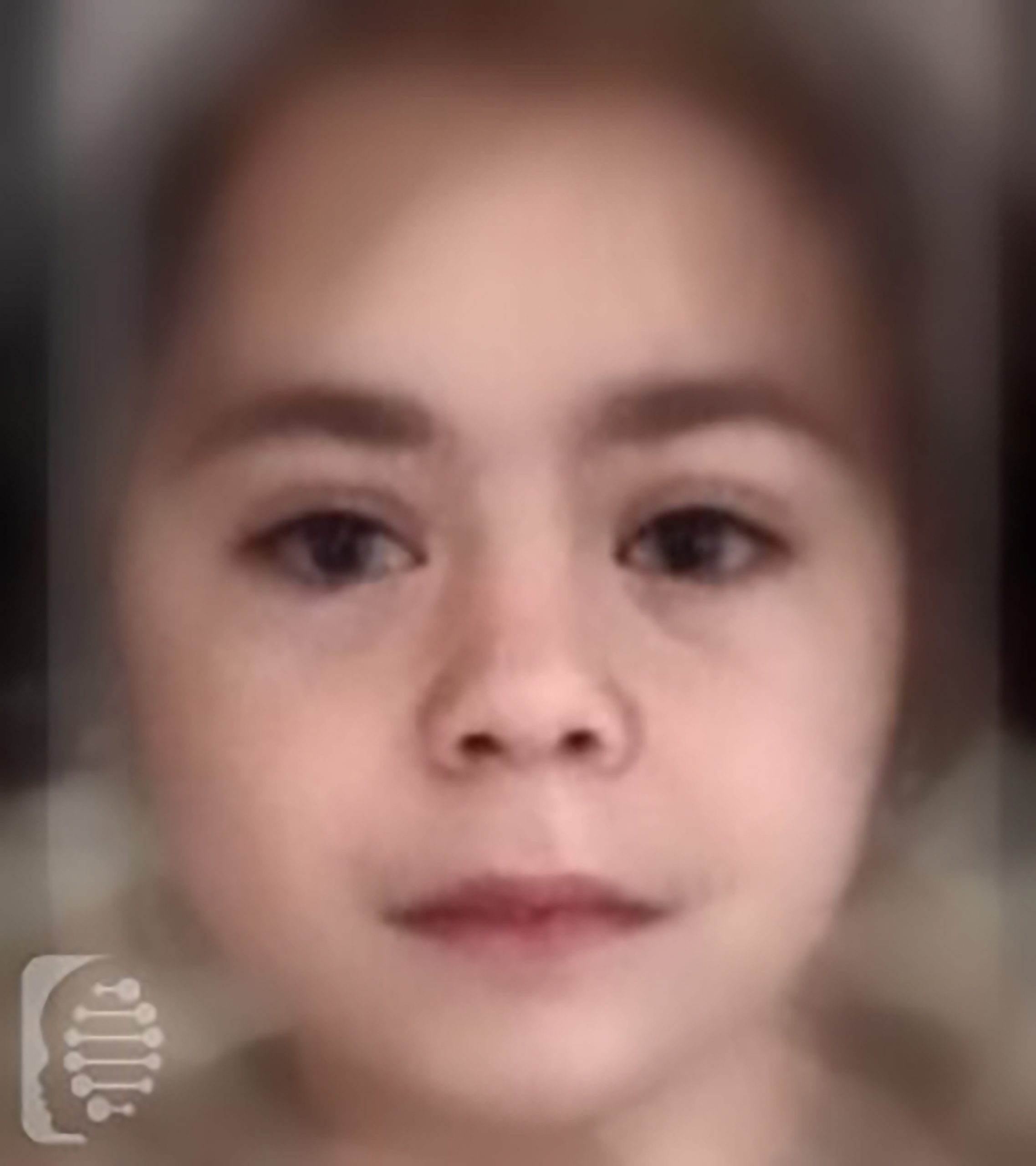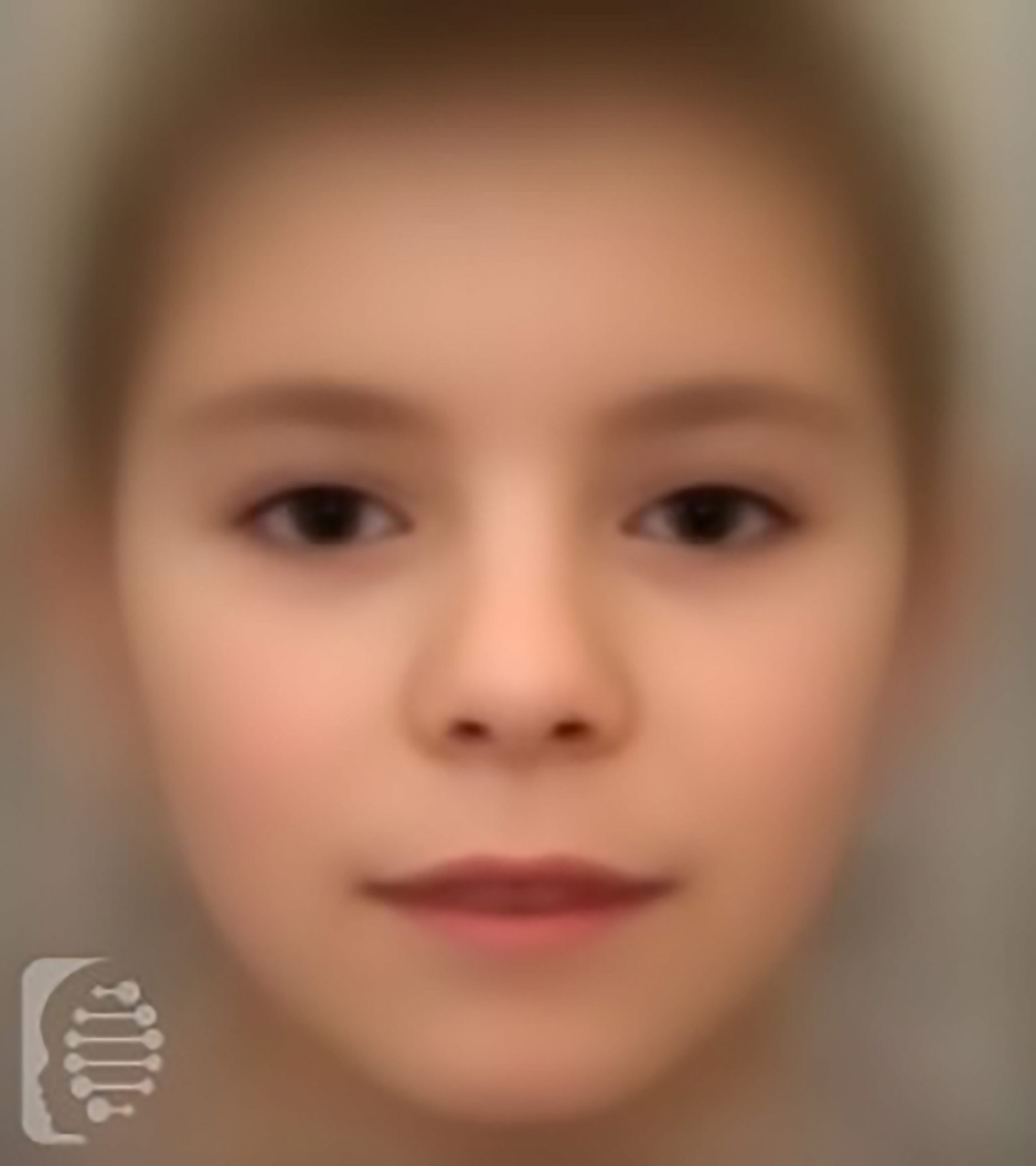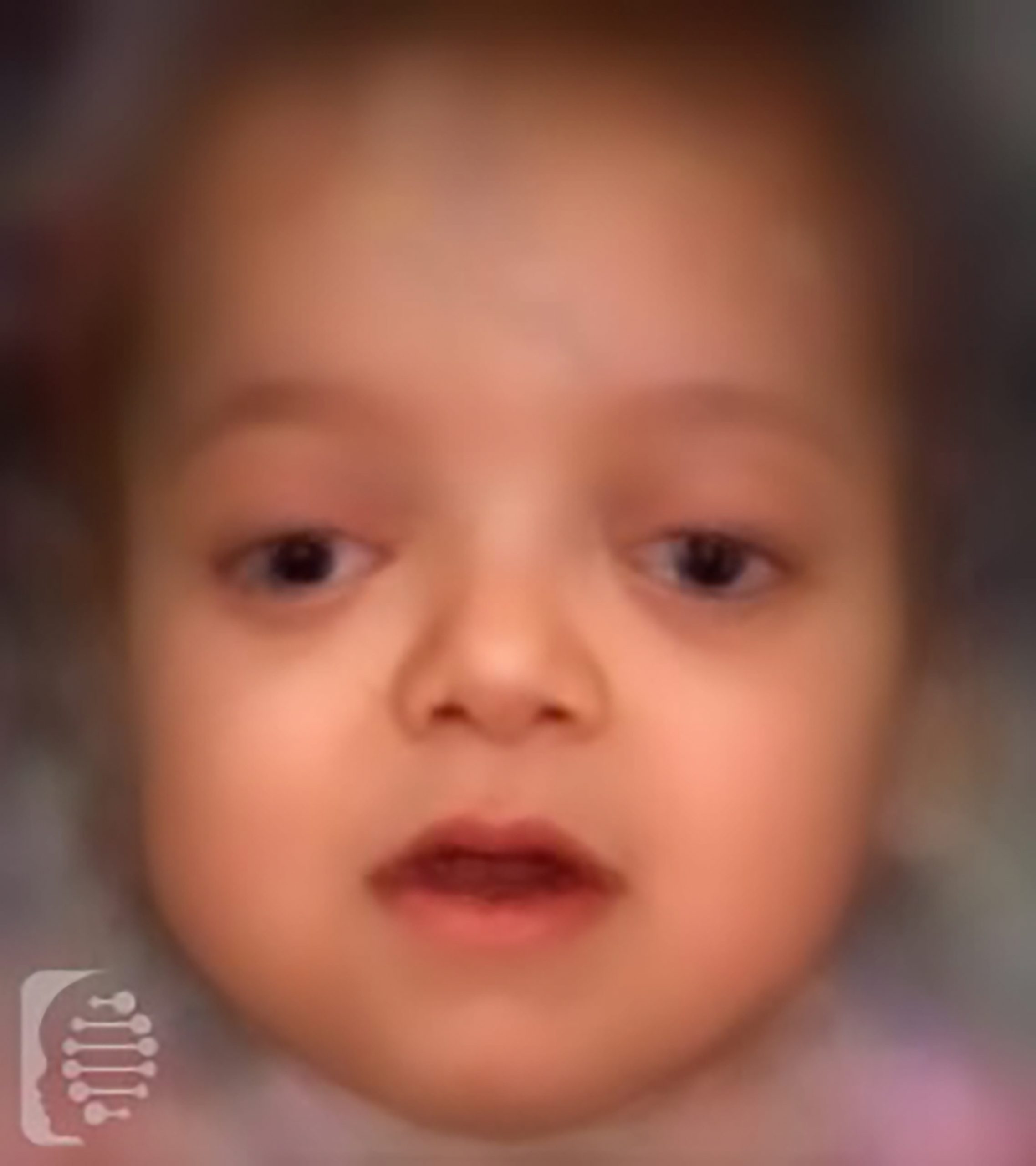Paula and Bobby
Parents of Lillie
Tremor
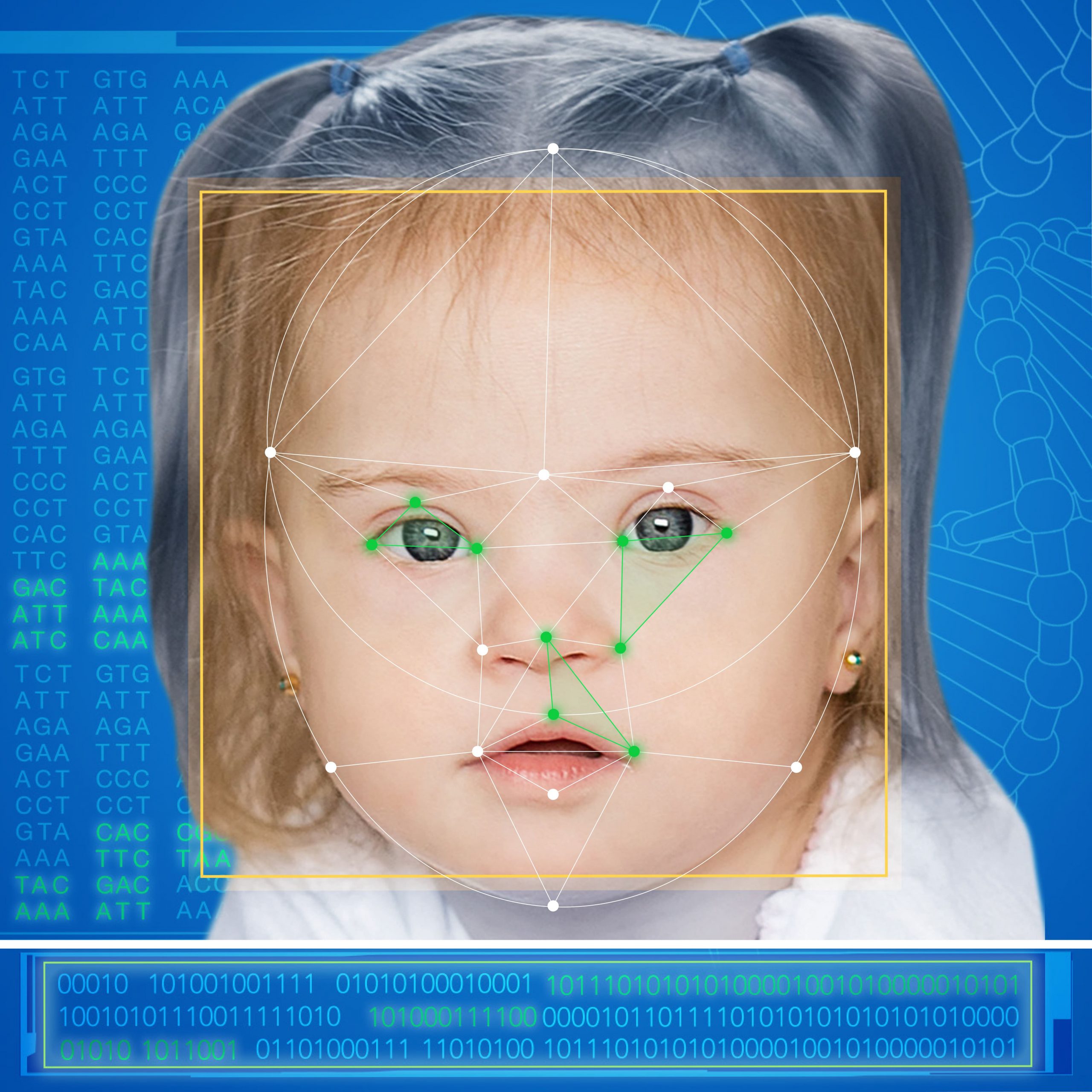
Understanding muscle related symptoms and features.
Symptoms may affect multiple parts of the body. Understanding which part of the body a symptom affects, can help us to better understand the potential underlying causes of a symptom, including a rare disease or genetic syndrome.
The muscular system contains three muscle types: cardiac, smooth and skeletal. The muscular system affects multiple parts and functions of the body including: movement, balance, stability and posture, circulation, respiration, digestion, urination and childbirth.
Symptoms affecting the muscles can not for the most part be seen with the naked eye. Diagnosing a muscle related symptom may involve different tests and assessments, both subjective and objective.
Symptoms relating to the muscles may affect their function and tone. They may also affect the structure of the muscles, regardless of how big or small (macro and/or microscopically) this change in the structure might be.
What is a tremor?
A tremor may occur in any part of the body. It is most commonly described as an involuntary (you have no control over it) rhythmic, shaking movement. It is the result of involuntary muscle contractions.
For many people a tremor occurs in their hands, but it can also occur in the arms, head, trunk/torso, legs, and even the eyes and vocal cords.
It may be the result of injury or trauma to the body, or in some cases caused by a degenerative disease such as Parkinson’s. Other times it may be completely benign and simply a one-off.
What should I do next?
In some instances, a tremor or tremors may be one of the features of a rare disease or genetic syndrome. In this case fast, targeted genetic analysis can give you a more accurate diagnosis.
Synonyms:
Tremors
HPO:
0001337
Optional syndromes:
Clarify any concerns you may have and get tested online today!
Schedule Your Online Meeting Now
Synonyms:
Tremors
HPO:
-
0001337
Optional syndromes:
FDNA™ Health can help you with the diagnostic journey.
Learn about child developmental delays: Causes, Symptoms, and Therapies.
Don't wait years for a diagnosis. Act now and save valuable time.
Explore the most detected symptoms in our system (numbers are global and based on the data from 120 countries):
What is FDNA Health?
With the largest global database and a leading decision-support tool using AI, FDNA™ Health enables patients and their families to better understand symptoms and conditions with the goal of shortening the time to diagnosis.
Benefits of FDNA Health
Save valuable time by
learning about possible conditions
and report to your clinician
Advanced AI technology
and leading worldwide clinicians
shortening time to diagnosis
Looking for answers?
Worried about child development?
We are here to help you!


